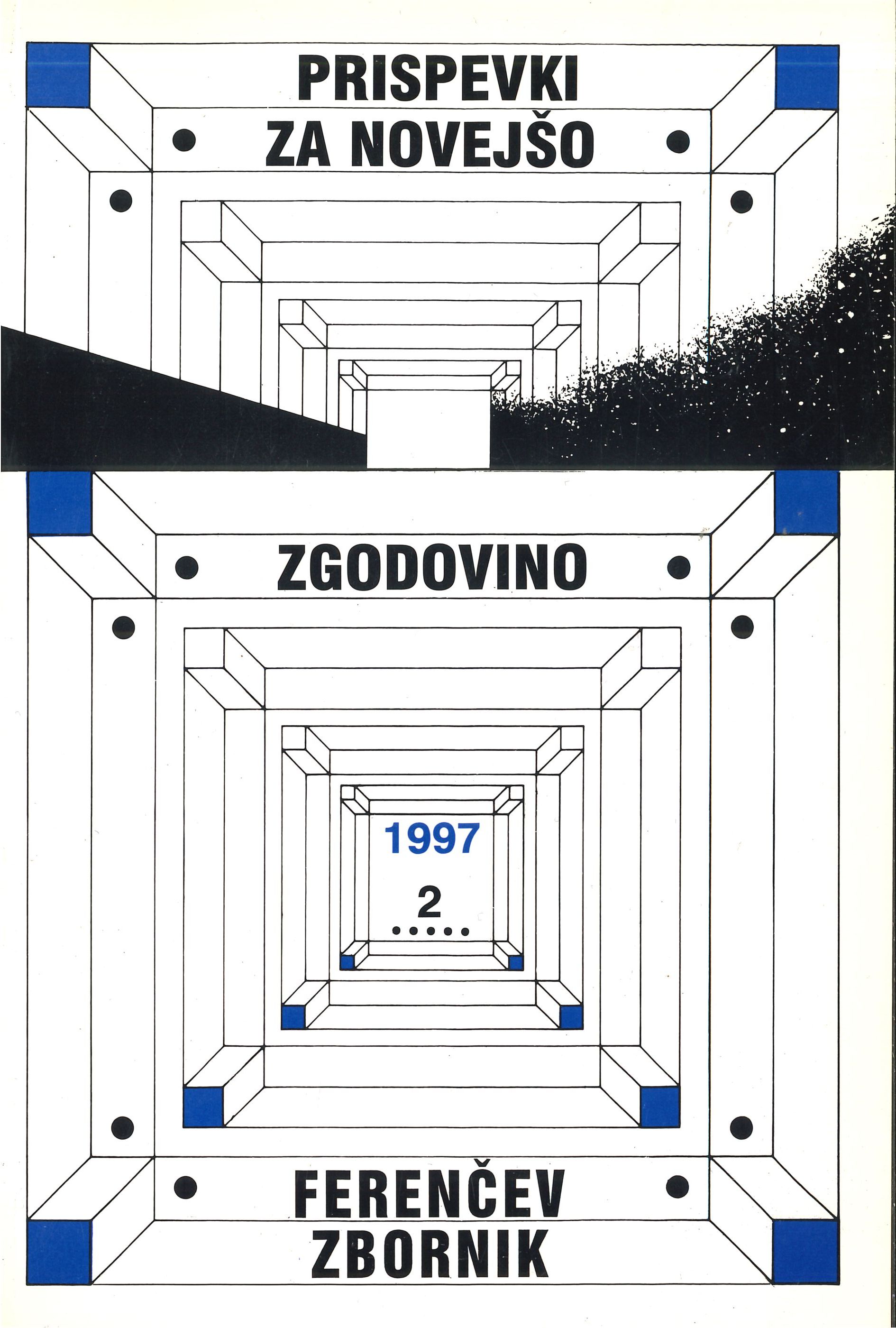Plans for the Changes of International Frontiers, Establishment of New States and New Federations and Confederations in East-Central Europe, the Policy of the United States and the American Slovenians During World War I and World War II
Keywords:
ZDA, mejna vprašanja, Evropa, medvojno obdobje, slovenski izseljenci, Jugoslavija, tržaško vprašanjeAbstract
The aim of this contribution is to survey the opinions of high ranking members of the American Administration and the U.S. Congress on the questions of International Frontiers and the possible establishment of new states in East-Central and South-Eastern Europe during the first and the second World War. The author gives special emphasis to the question of the reactions of Slovenian Immigrants to the United States to the policy of the United States towards the reconstruction of Yugoslavia, the possible establishment of the new states, and other bonds among the nations in the region, and towards the question of Trieste. The article shows also how the American government followed the reactions of immigrants from the region t o American policy towards their old homelands during World War I and World War II.
Downloads
Published
Issue
Section
License
Authors who publish with this journal agree to the following terms:
- Authors retain copyright and grant the journal right of first publication with the work simultaneously licensed under a Creative Commons Attribution License that allows others to share the work with an acknowledgement of the work's authorship and initial publication in this journal.
- Authors are able to enter into separate, additional contractual arrangements for the non-exclusive distribution of the journal's published version of the work (e.g., post it to an institutional repository or publish it in a book), with an acknowledgement of its initial publication in this journal.
- Authors are permitted and encouraged to post their work online (e.g., in institutional repositories or on their website) prior to and during the submission process, as it can lead to productive exchanges, as well as earlier and greater citation of published work (See The Effect of Open Access).


